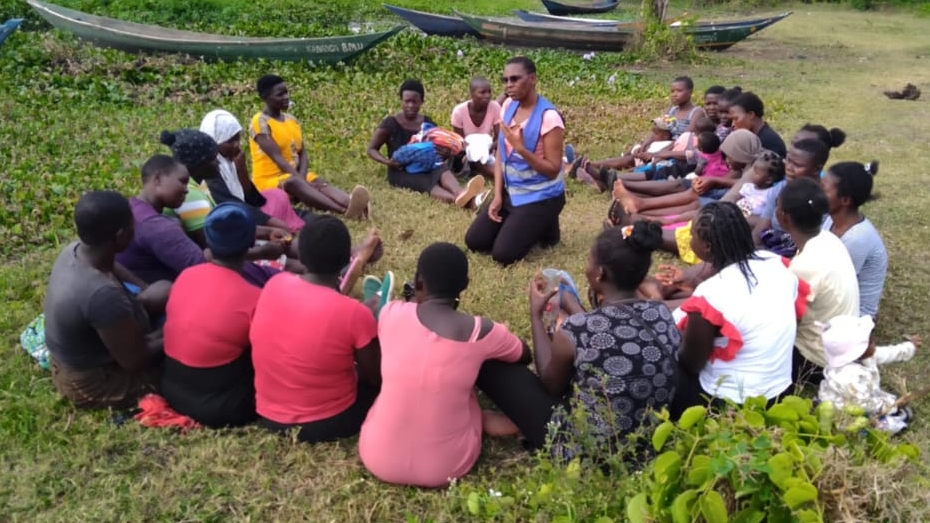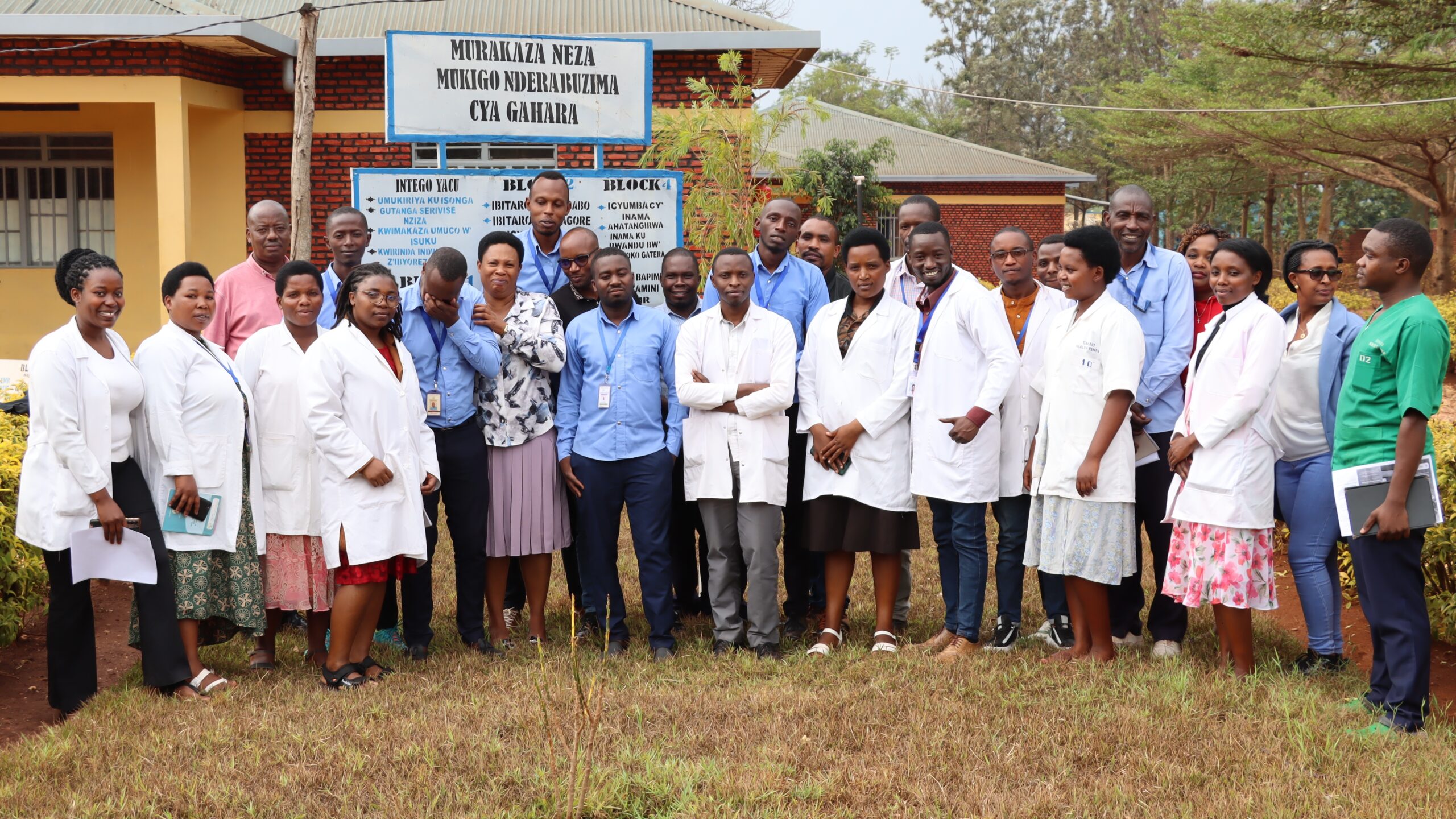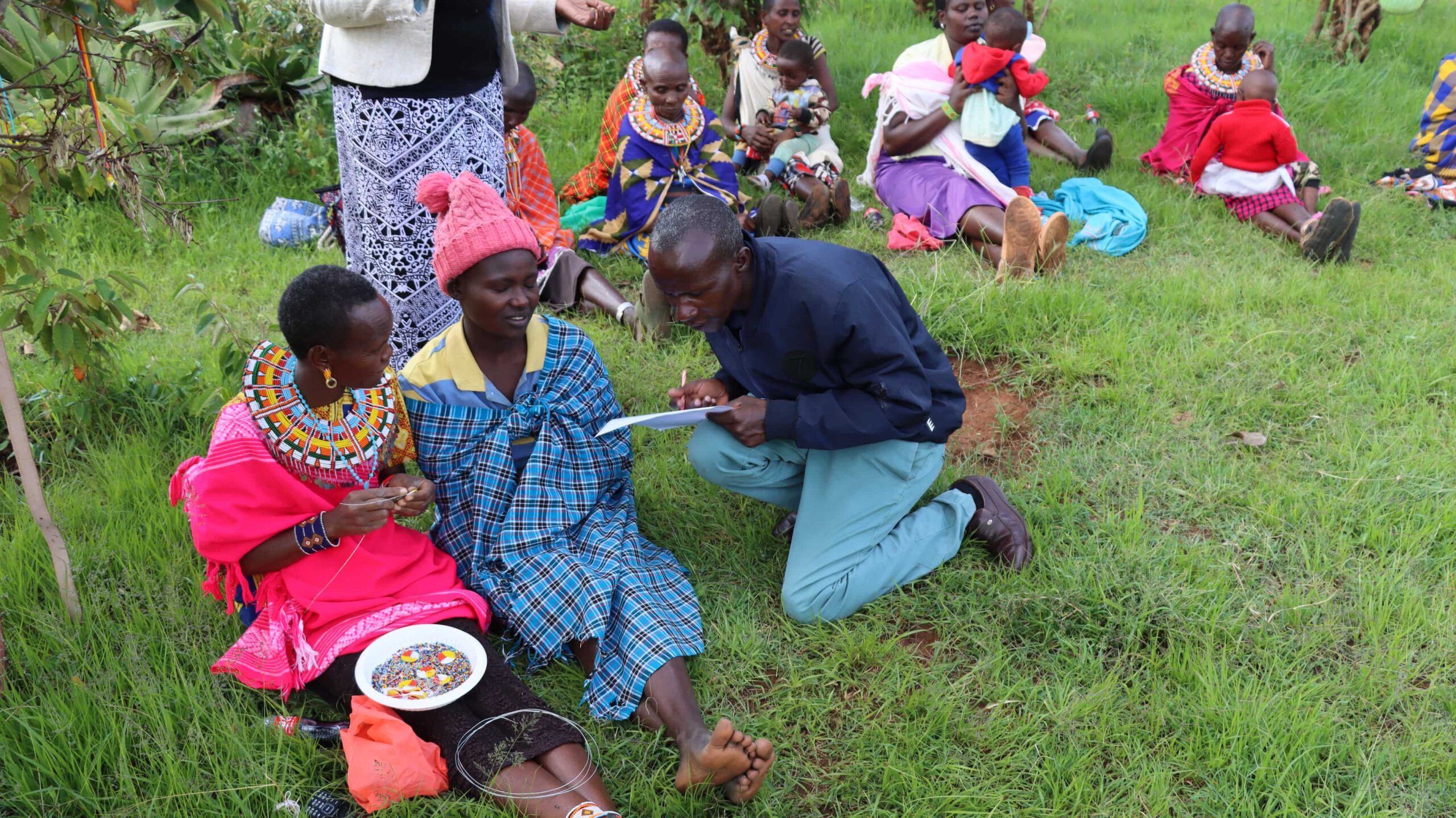The Ipas Africa Alliance Policy and Advocacy Unit has the primary objective of ensuring strengthened laws and policies in support of reproductive justice at the national and regional level. We seek to achieve this through the creation of linkages across policy, advocacy and pathways to care are effectively relied on to expand the enabling legal, policy, and political environment for SRHR.
Further, we engage and support regional human rights accountability mechanisms to ensure that they are functioning and actively relied on to promote reproductive health and rights access.
Positive public discourse and factual understanding of reproductive health as an issue concerning human dignity, bodily autonomy, and free choice is a key pillar to the success of the unit’s primary objective.
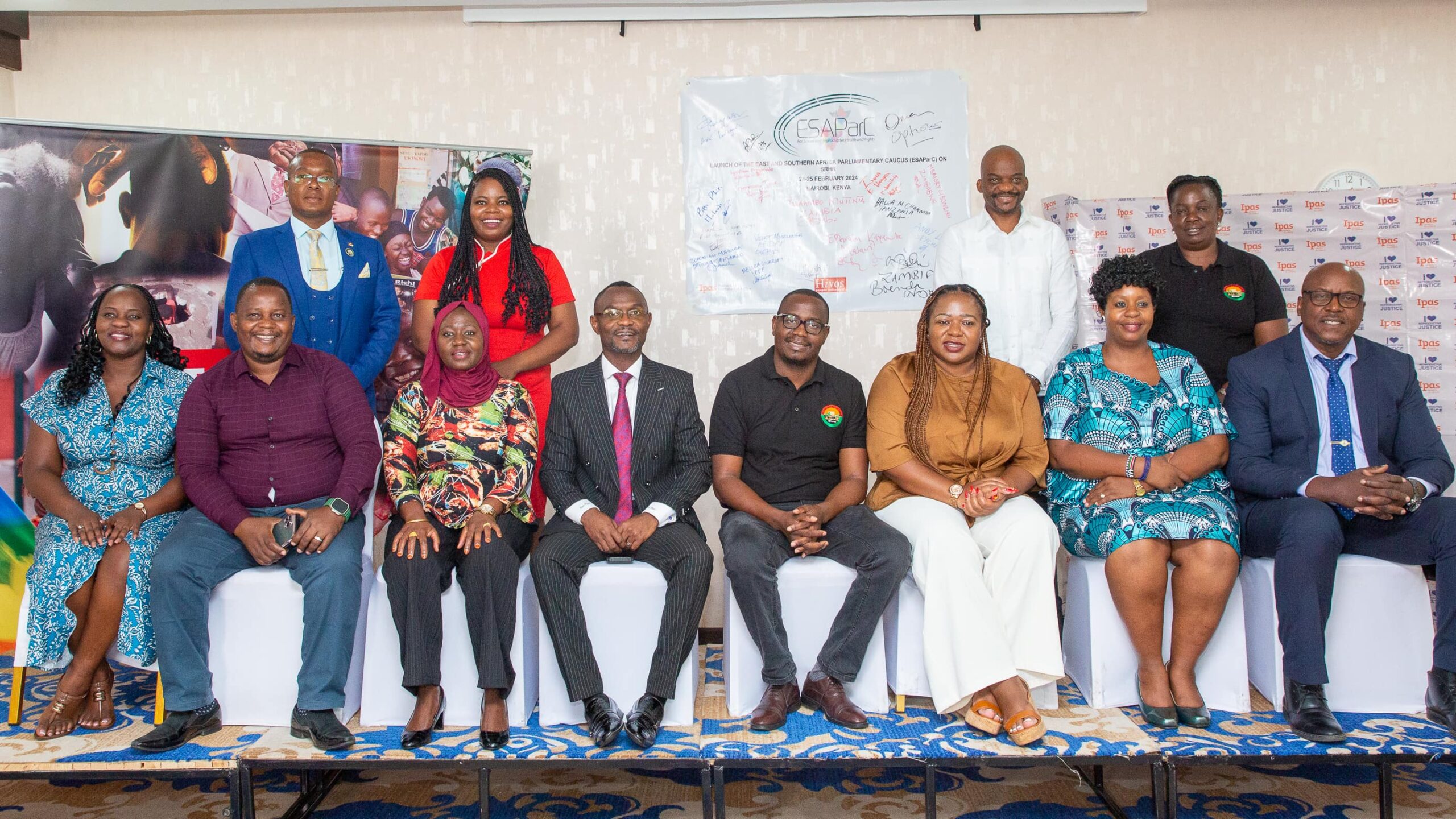
We implement the above strategic interventions by:
- Tracking, supporting and advocating for the progressive improvements of the legal and policy frameworks in Africa to decriminalize SRHR to align with human rights standards,
- Advocating with policymakers and other stakeholders to ensure adequate budget allocation, financing and funding commitments to meet SRHR needs and ensure sustainable access to care,
- Participating in human rights reporting and advocacy mechanisms (UN work, treaty monitoring bodies, regional bodies, etc.) through shadow letters, UN briefings, participating in advocacy coalitions and networks, global meetings, providing expert testimony, participating in national delegations, etc. to ensure women and girls’ rights to SRHR are addressed,
- Tracking, supporting, engaging and institutionalizing relationships with national and regional human rights accountability mechanisms and institutions and networks to ensure robust engagement and oversight by key stakeholders (including government monitoring and tracking of access; social participation, and human rights monitoring and design) to report on human rights violations and gaps in policies and laws regarding access to SRHR,
- Amplify the voices of women and girls to promote better understanding of their needs and rights for SRHR, as well as their perspectives on barriers to access,
- Resource mobilization and support for opposition monitoring and mitigation of key anti-choice efforts and strategy building across programming areas,
- Developing and disseminating information and tools, including response strategies, to mitigate impact of anti-rights and anti-SRHR actors, and
- Collecting, analyzing, and sharing reliable data and other evidence with policymakers and key stakeholders to inform and support their ability to identify solutions that improve SRHR access.
Resources
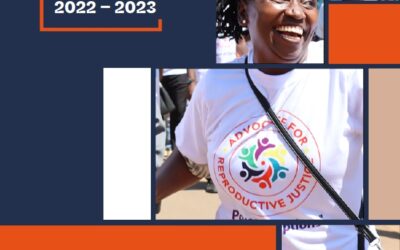
Ipas Africa Alliance, based in Nairobi, Kenya, is dedicated to advancing reproductive justice across Africa. Operating in Uganda, Rwanda, Tanzania, and over 20 counties in Kenya, the organization focuses on reducing deaths from unsafe abortion, transforming social norms, and enhancing legal and policy environments for safe abortion. This executive summary outlines the achievements and impact of Ipas Africa Alliance’s programs during the fiscal year 2022-2023.
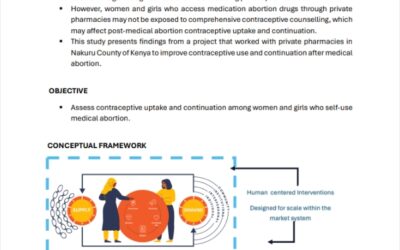
This study presents findings from a project that worked with private pharmacies in Nakuru County of Kenya to improve contraceptive use and continuation after medical abortion.
News
As Gen Zs across the country were mobilising themselves on social media to push for reforms in government, another set of youth in Homa Bay was using the same platform to advocate for their sexual and reproductive rights (SRHR).
Read about the alarmingly high rates of teenage pregnancies and C-section, as well as HIV infections and gender violence in Homa Bay County.
The government has moved to enforce the ban on services offered by the Traditional Birth Attendants (TBAs) across Uganda.
According to the report, there is limited knowledge and empowerment on opportunities for women. This casts doubt on the quality and effectiveness of voter education conducted in the county.




